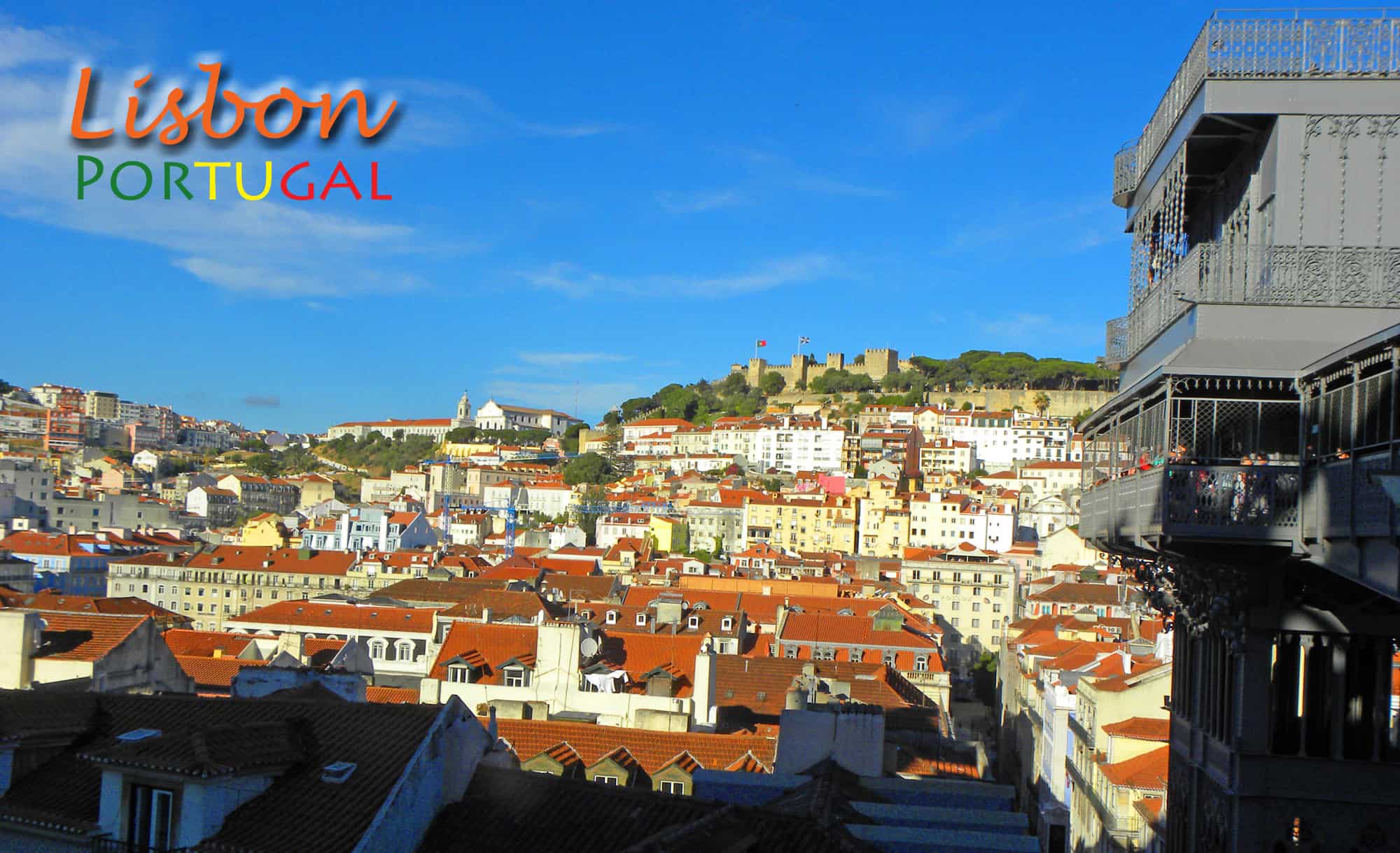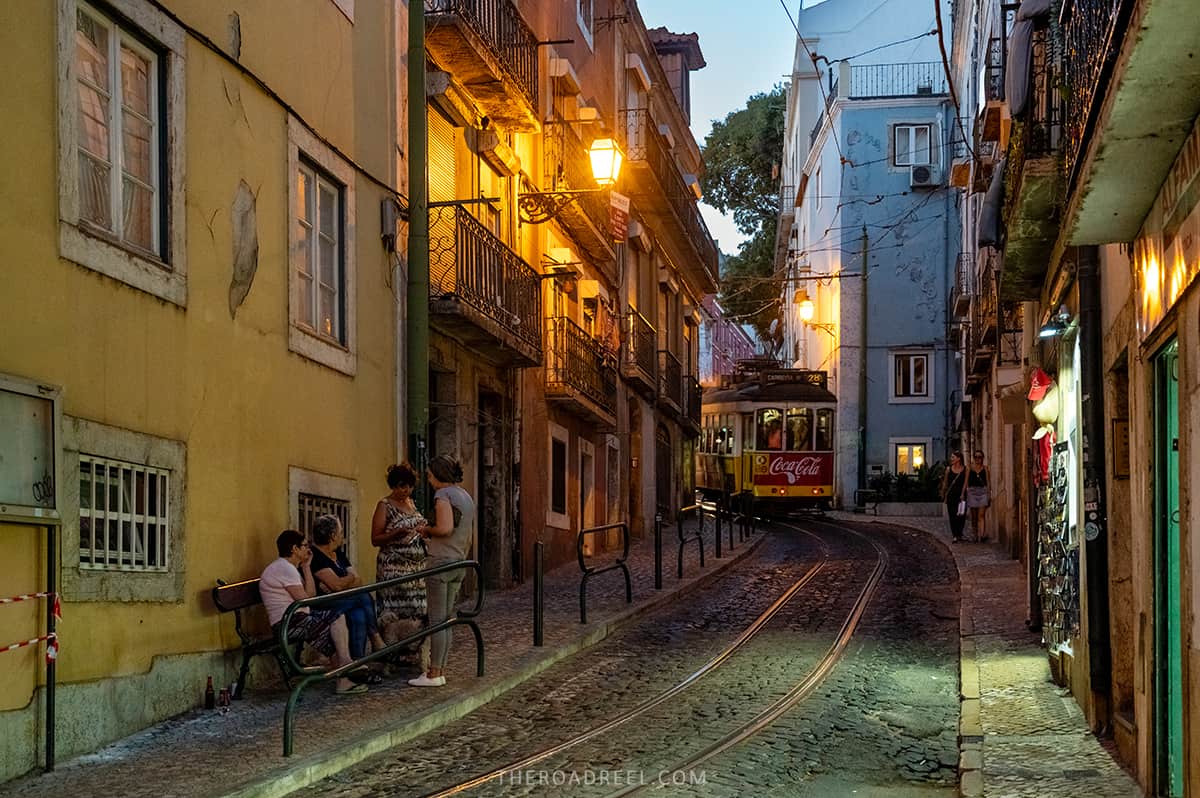
WEIGHT: 58 kg
Bust: SUPER
1 HOUR:250$
Overnight: +50$
Sex services: Receiving Oral, Uniforms, Massage erotic, Games, Sex lesbian

Fado historian and scholar Rui Vieira Nery states that "the only reliable information on the history of fado was orally transmitted and goes back to the s and s at best. But even that information was frequently modified within the generational transmission process that made it reach us today. Although the origins are difficult to trace, today fado is commonly regarded as simply a form of song which can be about anything, but must follow a certain traditional structure. In popular belief, fado is a form of music characterized by mournful tunes and lyrics, often about the sea or the life of the poor, and infused with a sense of resignation, fate and melancholy.
This is loosely captured by the Portuguese word saudade , or longing, symbolizing a feeling of loss a permanent, irreparable loss and its consequent lifelong damage.

This is similar to the character of several musical genres in Portuguese ex-colonies such as morna from Cape Verde , which may be historically linked to fado in its earlier form and have retained its rhythmic heritage. This connection to the music of a historic Portuguese urban and maritime proletariat sailors, bohemians, dock workers, prostitutes, taverna frequenters, port traders, fishwives and other working-class people can also be found in Brazilian modinha and Indonesian kroncong , although all these music genres subsequently developed their own independent traditions.
Modern fado is popular in Portugal, and has been performed by many renowned musicians. The word fado possibly comes from the Latin word fatum [4] "fate", "death" or "utterance" [5]. The word is linked to the music genre itself, although both meanings are approximately the same in the two languages.

Fado appeared during the early 19th century in Lisbon, and is believed to have its origins in the bohemian areas of the capital such as Bairro Alto , Mouraria and Alfama districts. There are numerous theories about the origin of fado. Some trace its origins or influences to the medieval " cantigas de amigo " song of a friend , others suggest some ancient Moorish influence, and yet others point to the chants of enslaved Africans sailing at sea.


































